The birth of a baby is an unforgettable moment, as a new addition to the family. However, this new family configuration can sometimes turn out to be more complicated and less intuitive than expected. Rest assured, you're not born a parent, you become one! In this article, we present a few teaching approaches and books to help the whole family find its place in the great adventure of parenthood.

The first few days with baby are punctuated by moments of rest, breastfeeding - or bottle-feeding - and visits to the pediatrician. We pay particular attention to the baby's weight and health. Visits from a midwife at home help us to monitor the baby's health and development.
In the first few months, we watch out for key developmental milestones: sleep, the first smile, bath time, body movements such as baby rolling over, sitting up, first steps and first words. It's all about wonder.
Then comes the time to establish a family rhythm and organize free time so as to introduce baby to the outside world, fostering independence and facilitating encounters with those around him.
In the first years of life, the green houses (le cerf volant in Plainpalais, la Maisonnée in Morges and la Nacelle in Nyon) provide a home for parents and children. They are based on the philosophy of Françoise Dolto, psychoanalyst and pediatrician, who placed the child's autonomy at the center of her work and insisted on preparing the child's separation from his parents when they returned to work. She has written a number of invaluable works, including La cause des enfants, Lorsque l'enfant paraît and Tout est langage.
The nannies make themselves available and attentive to the toddlers' behavior. They also listen to the many and varied questions parents may have.
In Geneva, it's also worth mentioning the mother-child center at the Brazelton Center. Dr. Brazelton is an internationally renowned Harvard-educated pediatrician who emphasizes the role of the child in the parent-child relationship. If you prefer a more psychological approach, early childhood specialist Anne Baccus has written some interesting, more pragmatic books, such as Votre enfant de 1 à 3 ans.
As a parent, you quickly realize that after managing baby's daily rhythm and health, understanding emotions is essential.
Indeed, it's often difficult to distinguish the nature of different cries and to understand what's going on not only in your little ones' heads, but also in their little hearts.
Isabelle Filliozat is the author of Il n'y a pas de parents parfaits, J'ai tout essayé, Il me cherche, and many others. These books help us understand a multitude of behaviors and find various methods for dealing with them. There are also workshops in French-speaking Switzerland based on this pedagogy.
The kimochis are also workshops for understanding how emotions fuel behavior, and which feelings translate into which behaviors, with the help of stuffed animals.
Based on the mindfulness model, there are workshops for children called "mon moment magique" (my magic moment) to develop confidence, tame emotions and find happiness! Several ambassadors are organizing events in French-speaking Switzerland.
As you can see, there are a plethora of avenues to explore to find your way as a parent. You can look to books for theoretical input on the main areas of child development, or prefer more body language, intense exchanges between parents around a workshop, or go to a center with professionals for support.
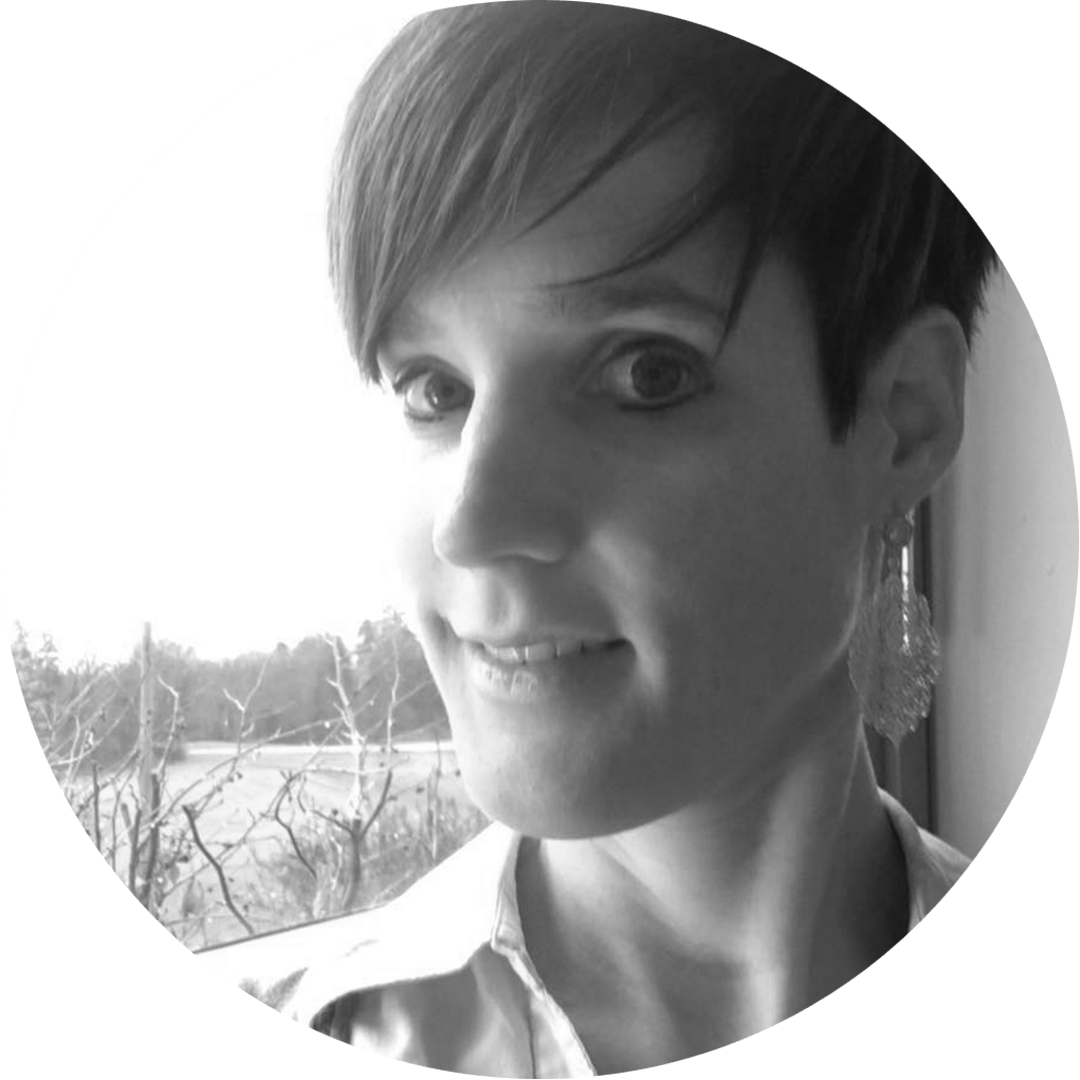

Céline Racine
Editor MotherStories - Kids & Family
Working Mom, 1 daughter aged 4
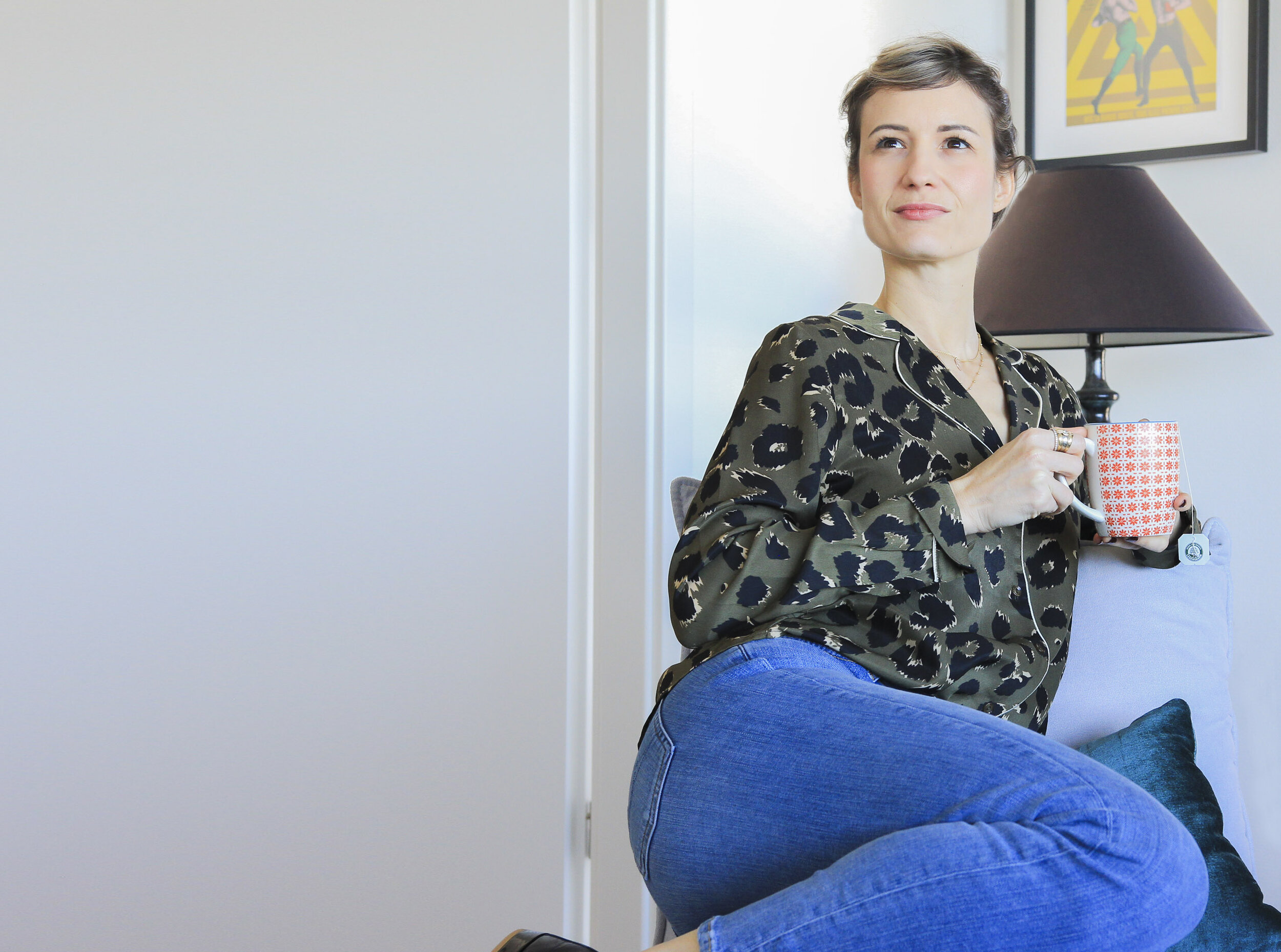
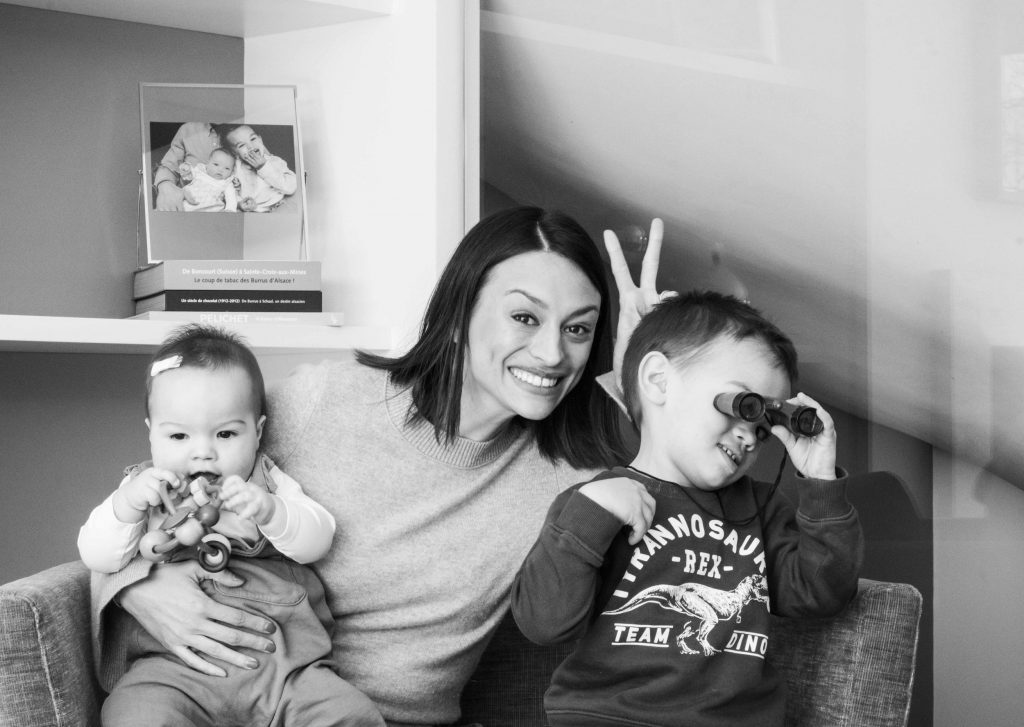
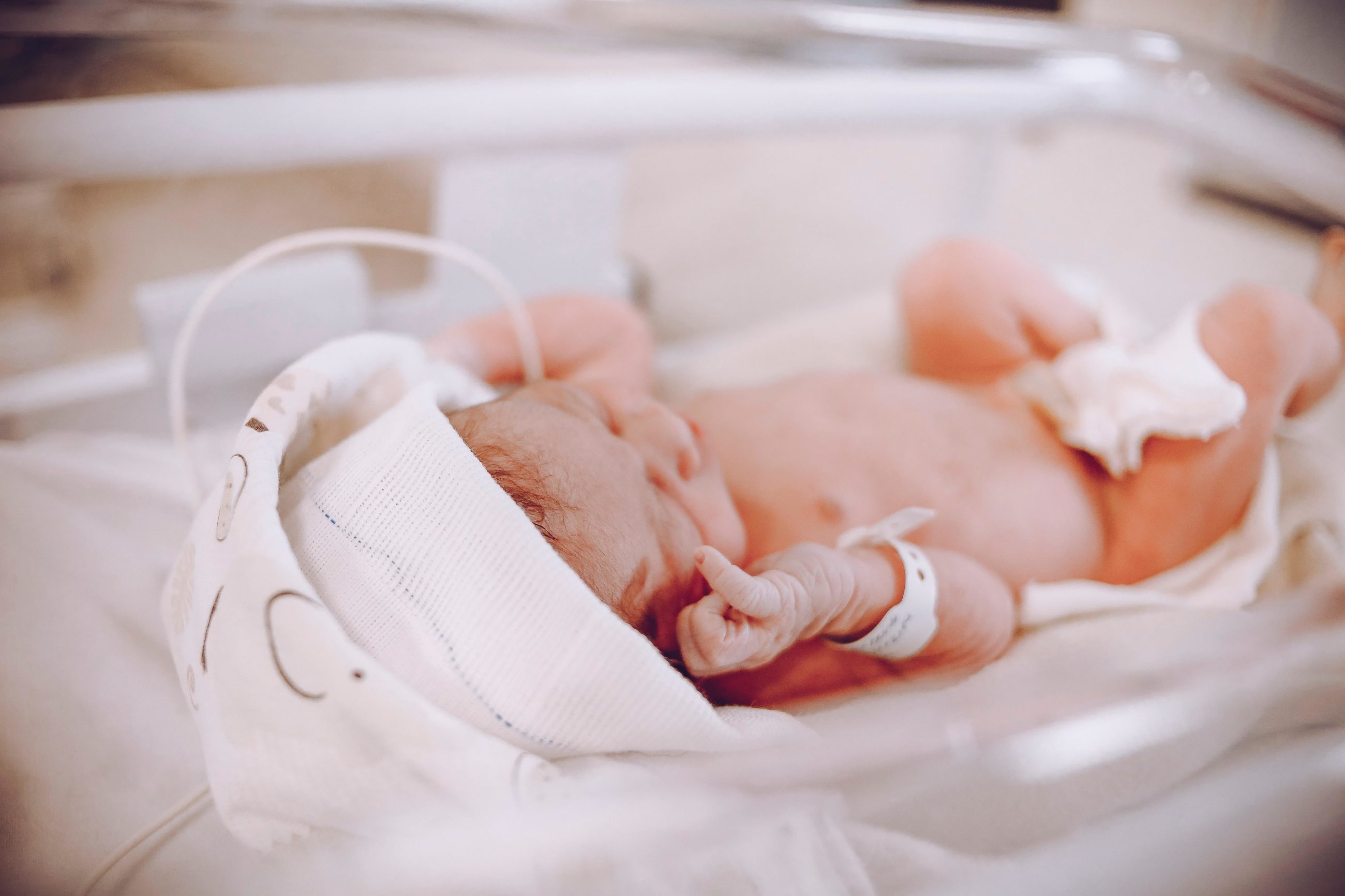

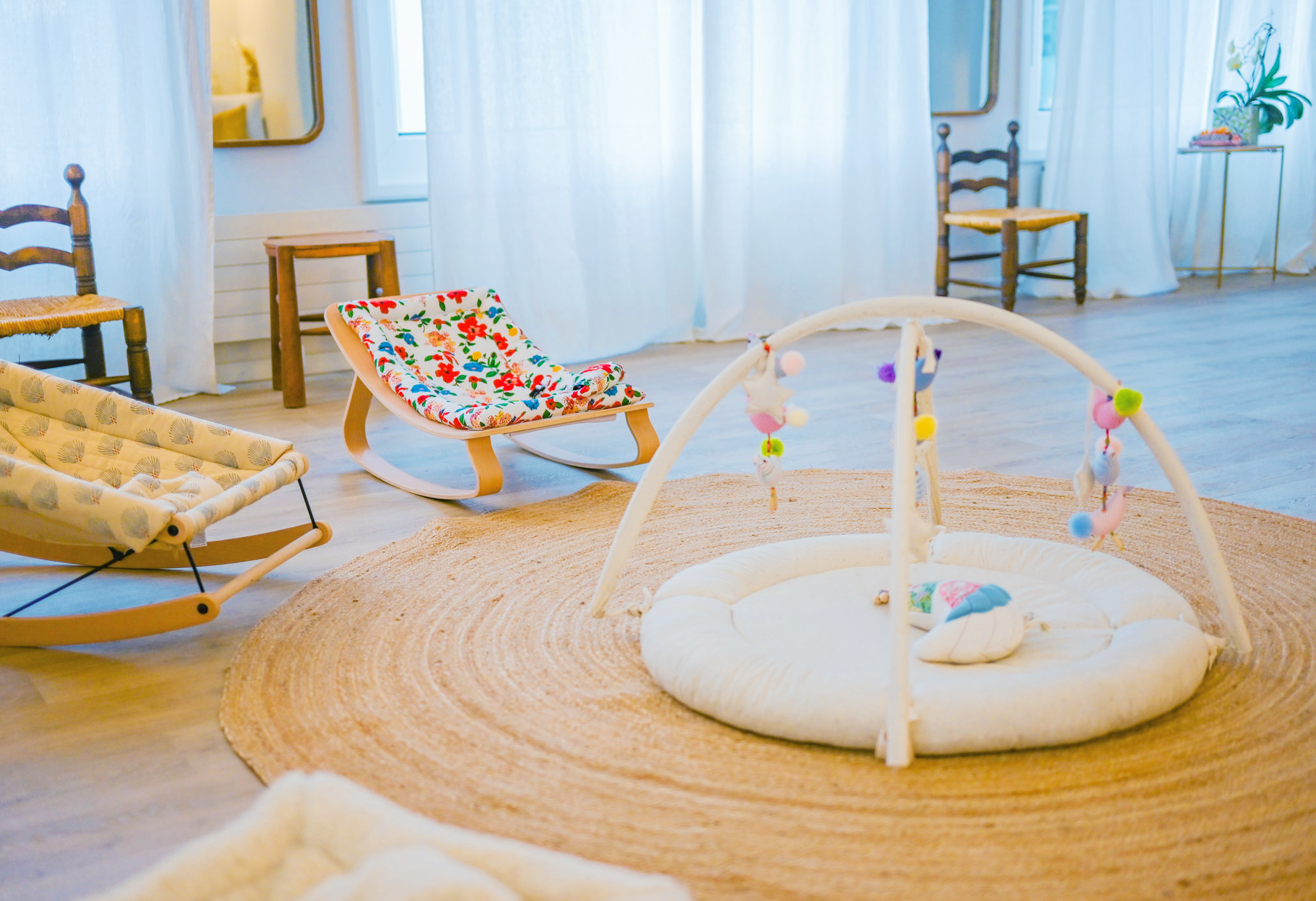
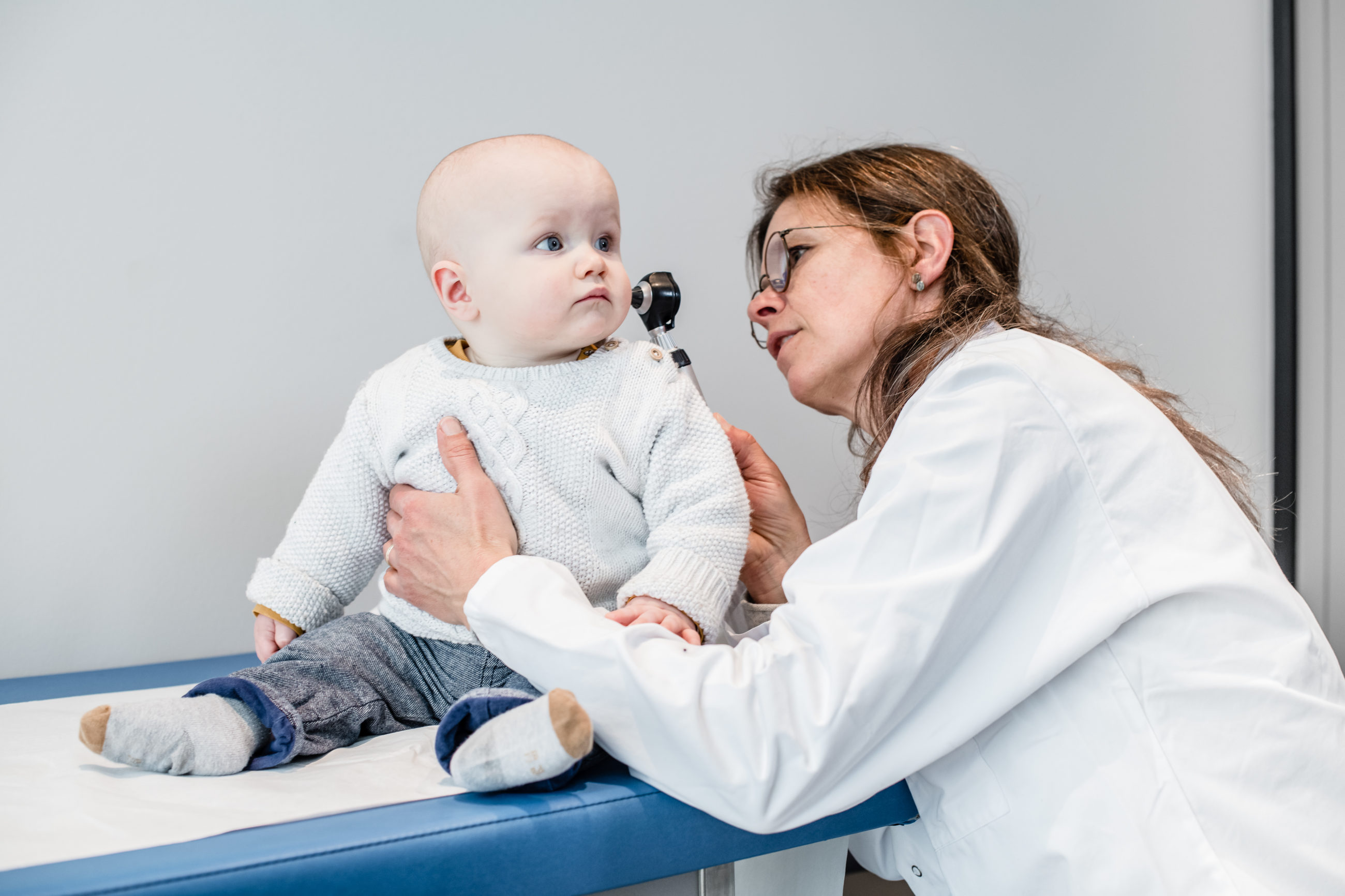
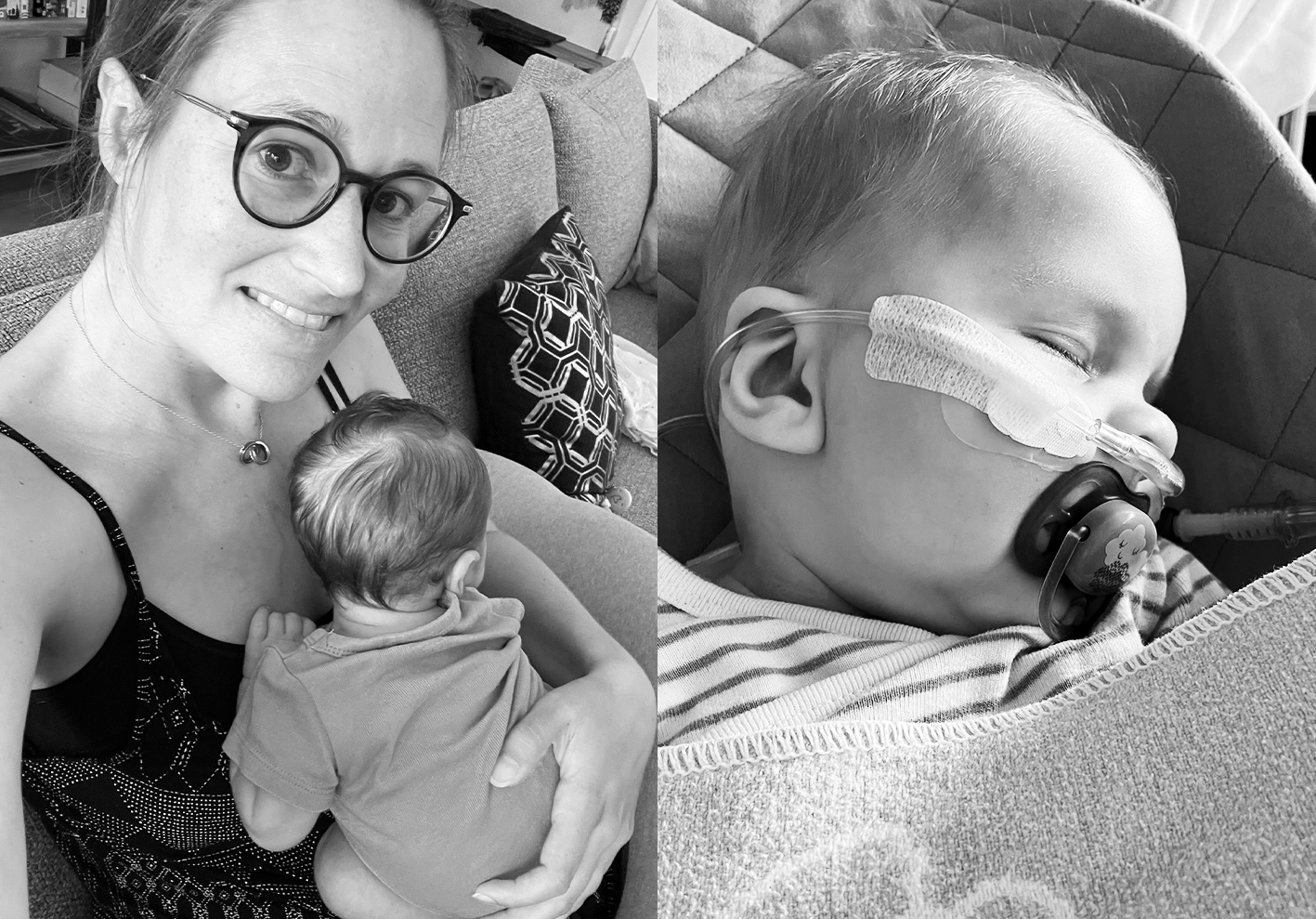
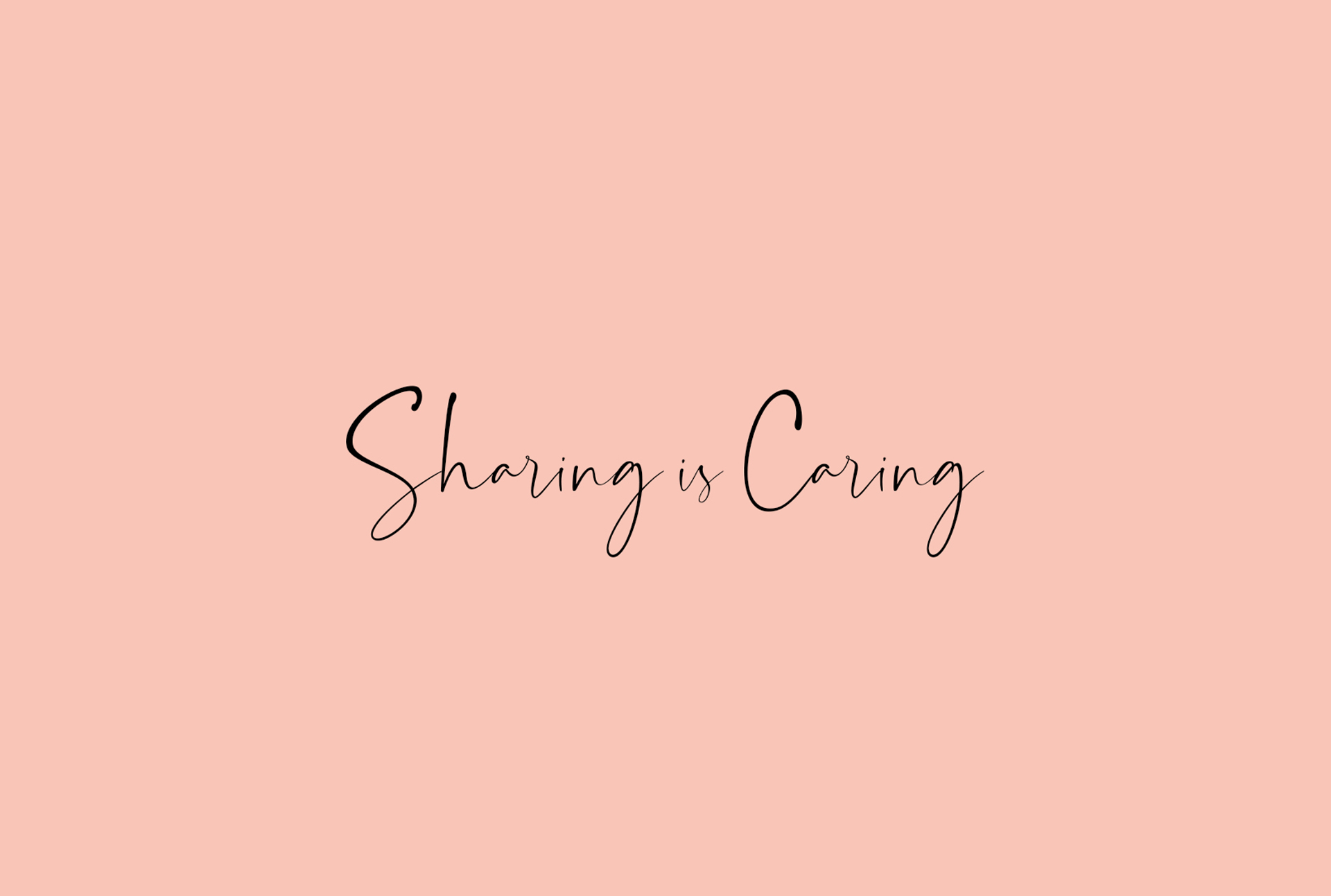
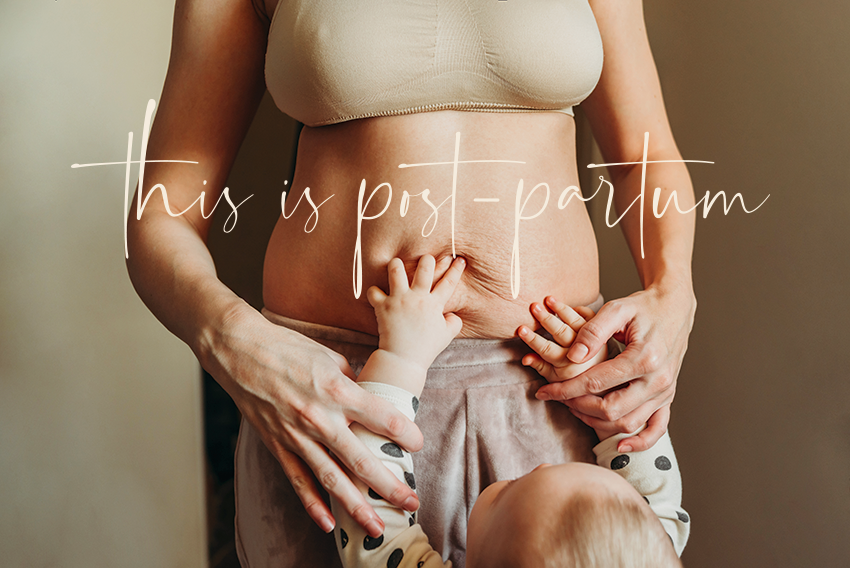



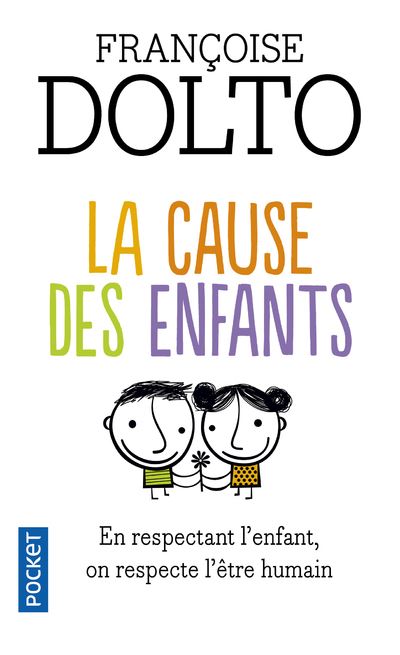
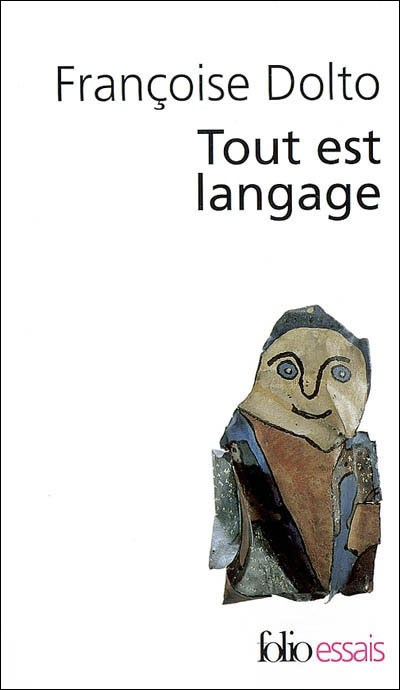
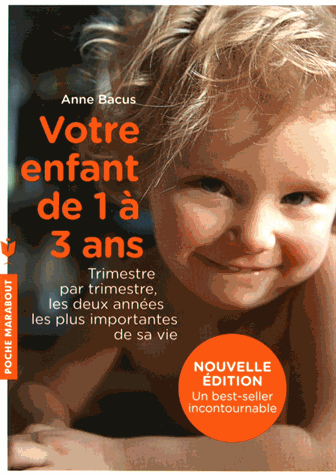
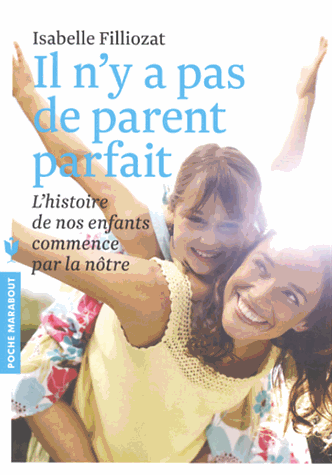

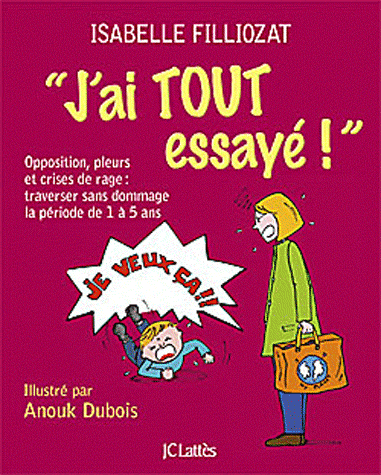
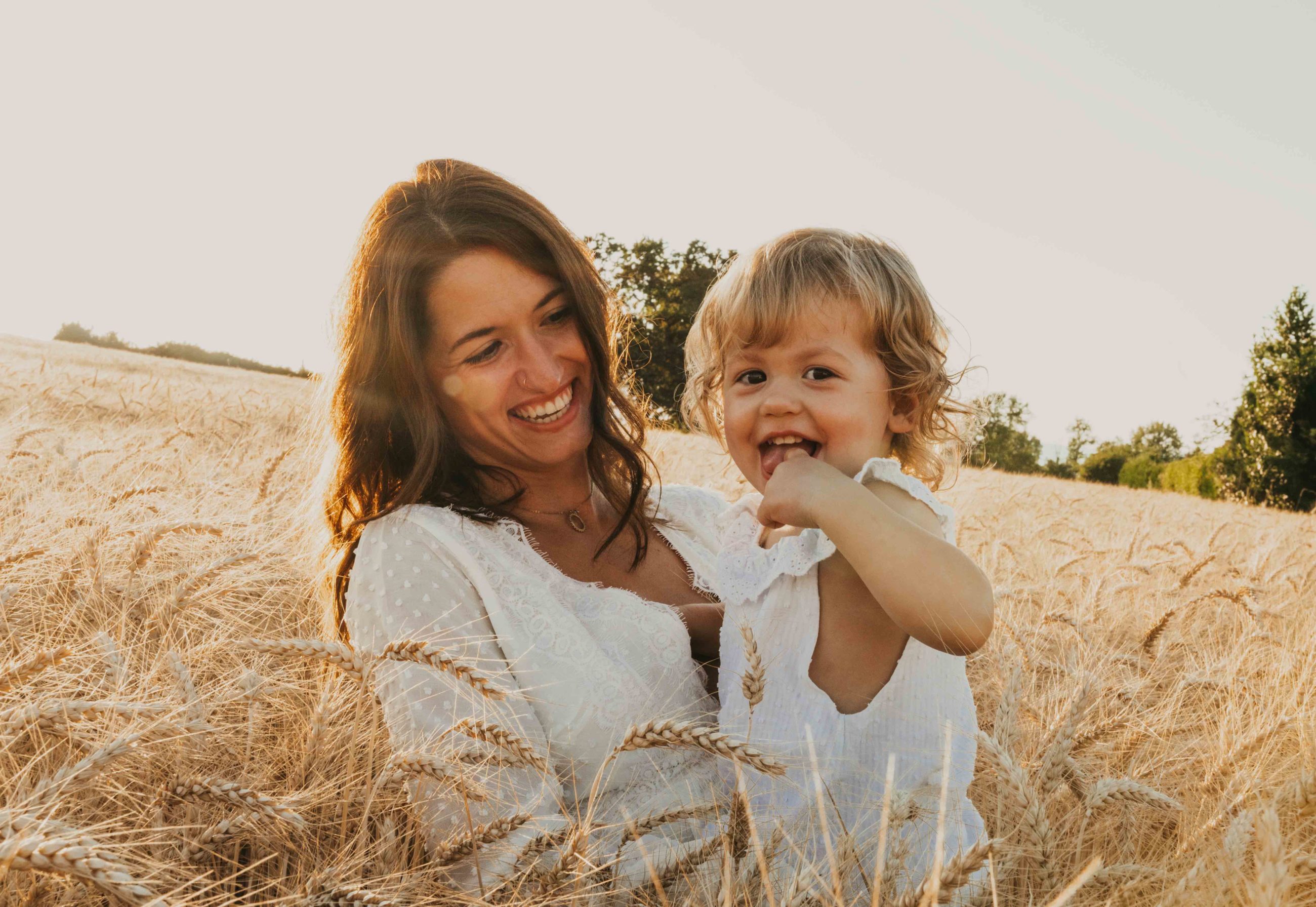
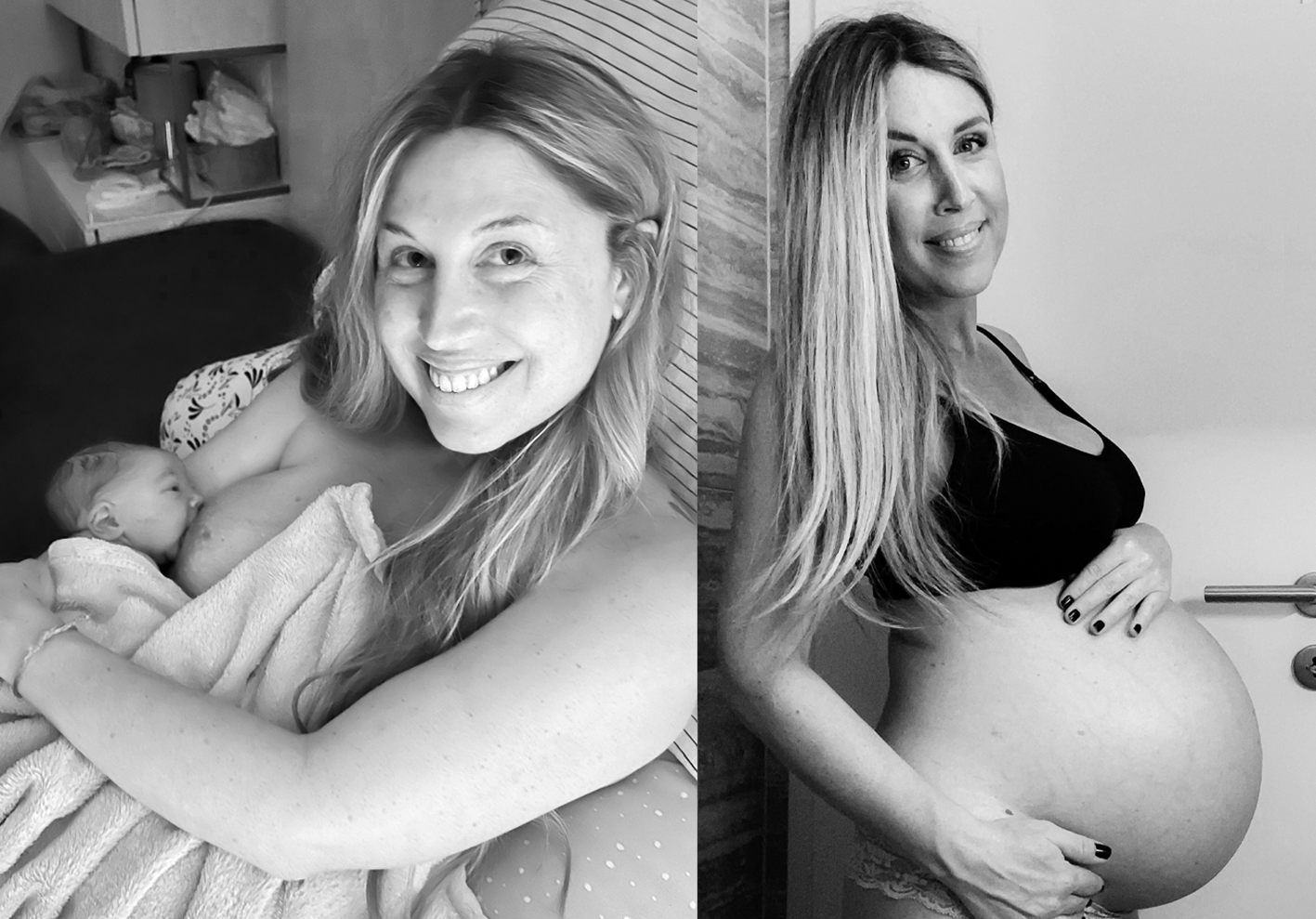


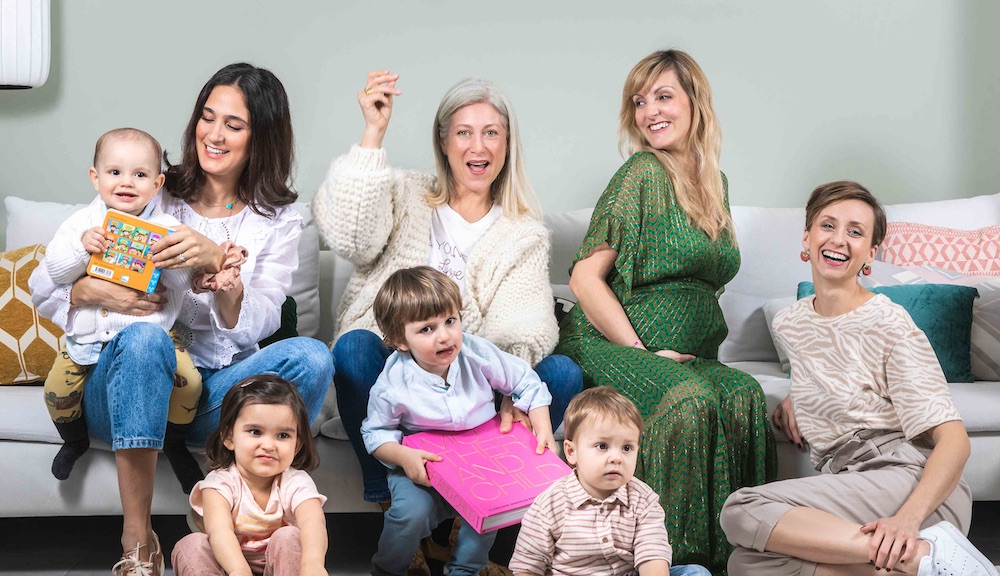


Share this article